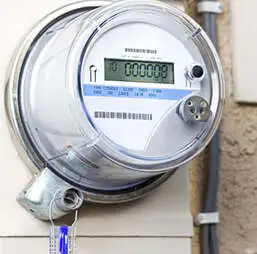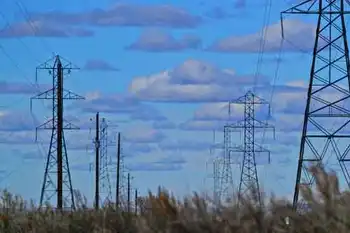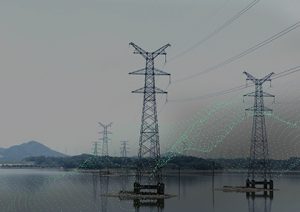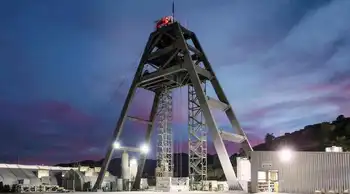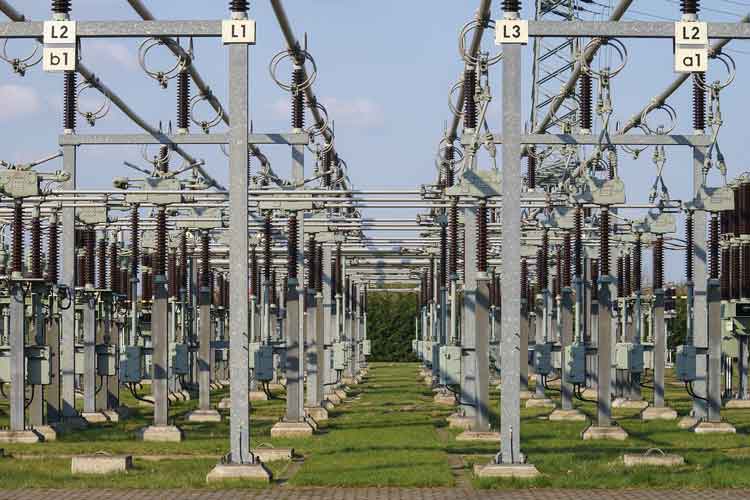U.S. solar challenging tariff ruling
By Reuters
NFPA 70e Training
Our customized live online or in‑person group training can be delivered to your staff at your location.

- Live Online
- 6 hours Instructor-led
- Group Training Available
"We're taking it very seriously and we will be responding.... The industry is in the process of preparing a challenge," said Rhone Resch, president of the Solar Energy Industries Association, whose members include both U.S. and foreign solar energy companies.
In the worst-case scenario, U.S. importers of solar panels could face some $70 million in tariffs and penalties for product already imported this year.
The tariff comes at a time when concern about global climate change has prompted the United States and the European Union to push for deal with other leading developed countries and China to eliminate duties on environmental goods.
As the New York Times reported earlier, the U.S. Custom service ruled in January a panel made by Trina Solar of China was a generator because it contains a diode that allows electric current to pass around shaded areas of the panel.
That ruling was a surprise because "all solar panels contain bypass diodes and have forever. It's a safety issue not to have them," one industry official said.
Although the ruling only applies to the Trina panel, it has implications for other manufacturers, he said.
The industry hopes it can persuade officials at U.S. Customs and Border Protection headquarters in Washington to overturn the ruling made by the New York office.
If that fails, the case could go to the U.S. Court of International Trade in New York.
Mike Wessel, a commissioner on the U.S.-China Economic and Security Review Commission, a congressionally appointed watchdog group, said the duty should stay in place to offset Chinese government subsidies to its domestic producers.
"Customs' decision is the right approach to ensure that the domestic industry we have does not get run further into the ground by China's efforts to dominate this industry," he said.
The solar power sector is increasingly a global industry, with most panels today being sold into the European market and China expected to grow as a customer for clean energy.
While U.S.-based SunPower Corp assembles panels at factories in China, the Philippines and Mexico, China's Suntech Power Holdings Co Ltd is planning to lease or buy a facility to produce its solar panels in the United States and companies like Yingli Green Energy Holding Co Ltd are setting up distribution lines in the United States.
The tariff could prompt more Chinese companies to set up some sort of U.S. operations. But it also could backfire on the United State if it encourages other countries to hike duties on climate-friendly goods.
"It's unclear that the U.S. would want to enforce this policy long term... If you move toward a protectionist stance, you also limit what your domestic companies can do abroad," said Christine Hersey, analyst at Wedbush Morgan.
J.P. Morgan analyst Christopher Blansett said the tariffs could be good for First Solar Inc, Energy Conversion Devices Inc and Evergreen Solar Inc, since the companies produce some products in the United States.
But the tariffs should not have a large impact, since the benefits that foreign governments give to companies to set up manufacturing in their country — such as lower corporate tax rates and low-cost financing — "far outweigh the penalty of a 2.5 percent tariff," Blansett said.





